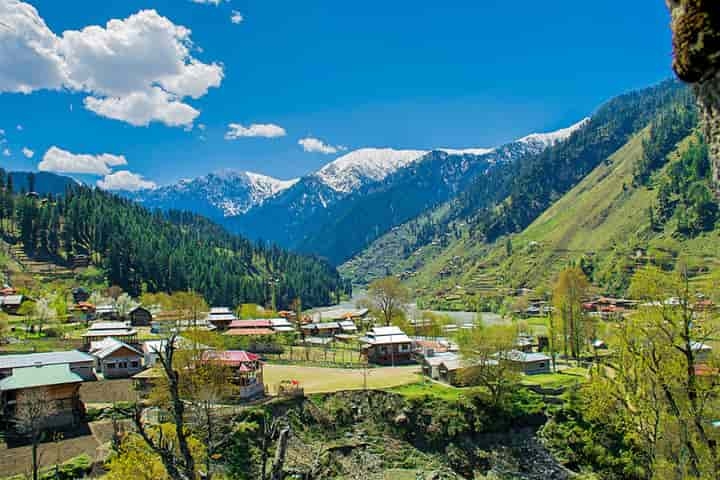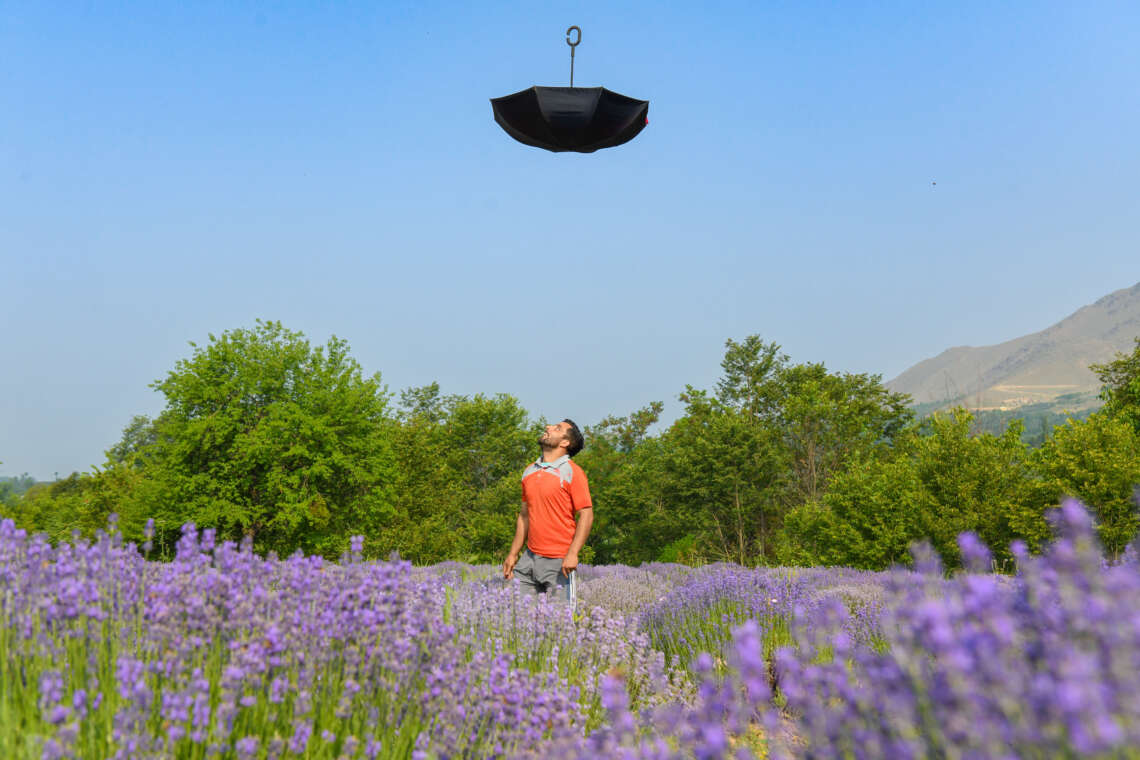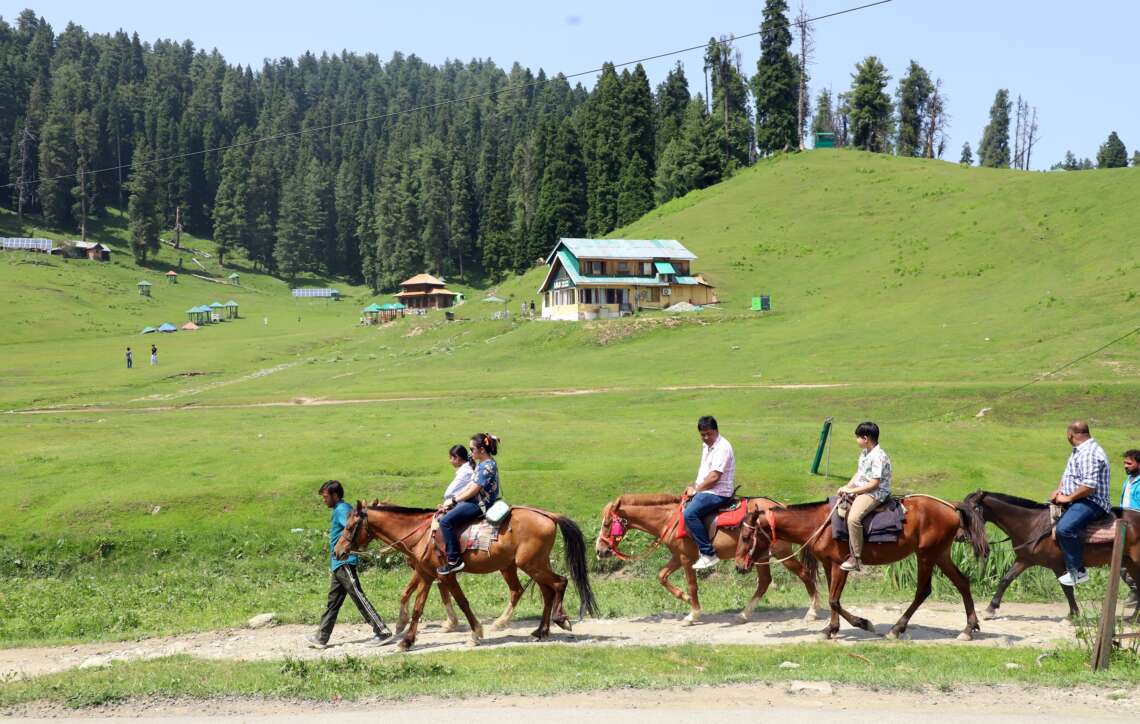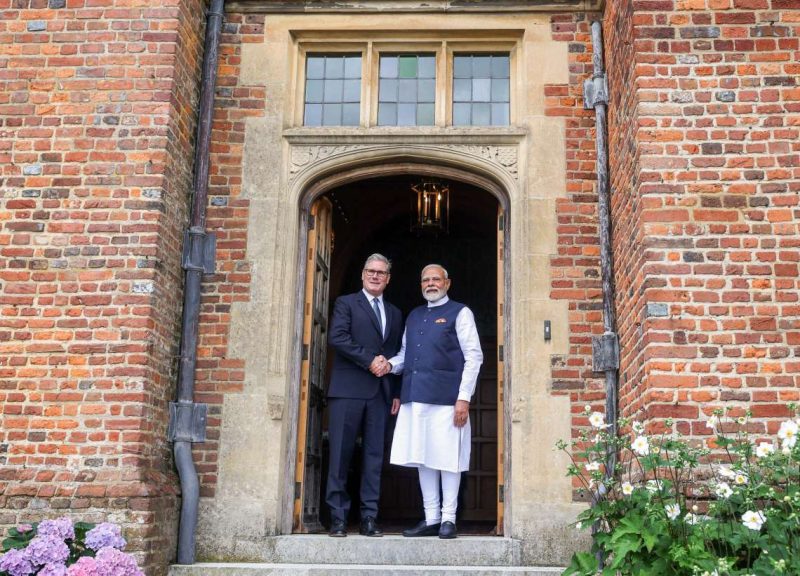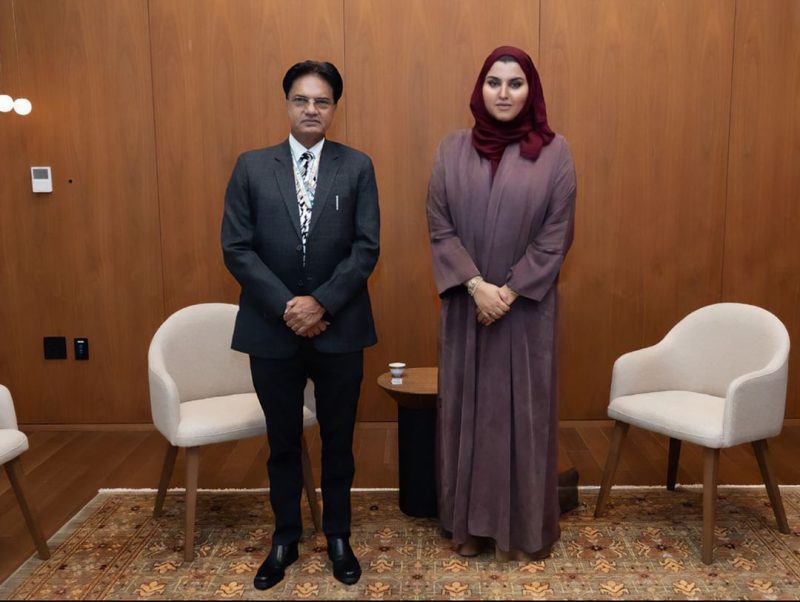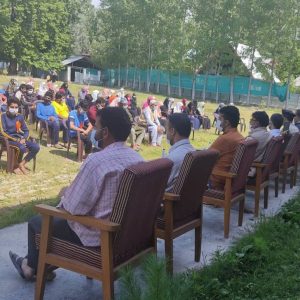According to reports, the new land laws will also help revamp the agriculture sector, foster rapid industrialisation, aid economic growth and create jobs…reports Asian Lite News
The people of Jammu and Kashmir (J&K) are rejoicing at the new land laws by the government geared towards the development and progress of the Union Territory (UT).
The government took a historic step in revamping the agriculture and allied sectors in the union territory. Key amendments were made to four major state laws that governed the ownership, sale, and purchase of land in the erstwhile state. These are the J&K Development Act, 1970, The J&K Land Revenue Act, 1996, The Agrarian Reforms Act, 1976 and The J&K Land Grants Act, 1960.
The J&K government is constantly working towards creating a modern, efficient, transparent and citizen-friendly UT which protects and safeguards the land.
According to reports, the new land laws which replaced old laws that existed in the erstwhile state of J&K will also help revamp the agriculture sector, foster rapid industrialisation, aid economic growth and create jobs.
According to the new land law, agricultural land can only be sold to an agriculturist and he has been defined as a person who cultivates land personally in the UT. The term ‘agriculture land’ unambiguously is defined to include not just agriculture but horticulture and allied agro-activities as well. The most extensive definition includes not just horticulture but poultry, Animal Husbandry, among others.
The designation of land for industrial purposes will open up greater employment opportunities for the youth who have longed for the industrial revolution in J&K so that they can get better employment scope.
On October 26 the Ministry of Home Affairs (MHA) announced several amendments to land laws for the Union Territory of Jammu Kashmir (J&K), including the Jammu and Kashmir Development Act of 1970, which till now entitled only permanent residents to purchase or sell property in the former State, and the J&K Land Revenue Act, 1996.
The MHA notification said the “Union Territory of Jammu and Kashmir Reorganisation (Adaptation of Central Laws) Third Order, 2020 shall come into force with immediate effect and will encourage development in the UT of Jammu and Kashmir”.
In August 2019, the special status granted to Jammu and Kashmir under Article 370 and Article 35A was revoked. Section 96 of the J&K Reorganisation Act, 2019 empowers the MHA to adapt and modify any law by way of repeal or amendment before the expiration of one year from the appointed day of the Union Territory of J&K, which is October 31, 2019.
The MHA has amended sections of the J&K Land Revenue Act, 1996 and the J&K Development Act of 1970. The 1996 Act pertains to management of agricultural land and the 1970 Act deals with zonal development plans determining land use for public buildings, roads, housing recreation, industry, business, markets, schools, hospitals and public and private open spaces. According to the amendment to the Land Revenue Act, anyone from any part of the country can now buy land in J&K, including agricultural land. Though the amendments prohibit sale, transfer, mortgage and conversion of agricultural land to a non-agriculturist in the UT, it can still be allowed, “provided that the government or an officer authorised by it in this behalf may grant permission to an agriculturist to alienate the land to a non-agriculturist by way of sale, gift, exchange or mortgage”.
The Jammu and Kashmir Land Grants Act, 1960, which regulates grant of government land on lease and earlier applied to urban areas of Jammu, Srinagar and towns, will now be extended to the entire UT. The amendment omits the permanent resident clause to get government land on lease for “residential purposes”.
The J&K Agrarian Reforms Act, 1976, which provided for transfer of land from big landowners to tillers, has been amended. The erstwhile agrarian reforms Act stated that only up to two kanals (0.25 acre) of land could be held per family for residential purposes.


